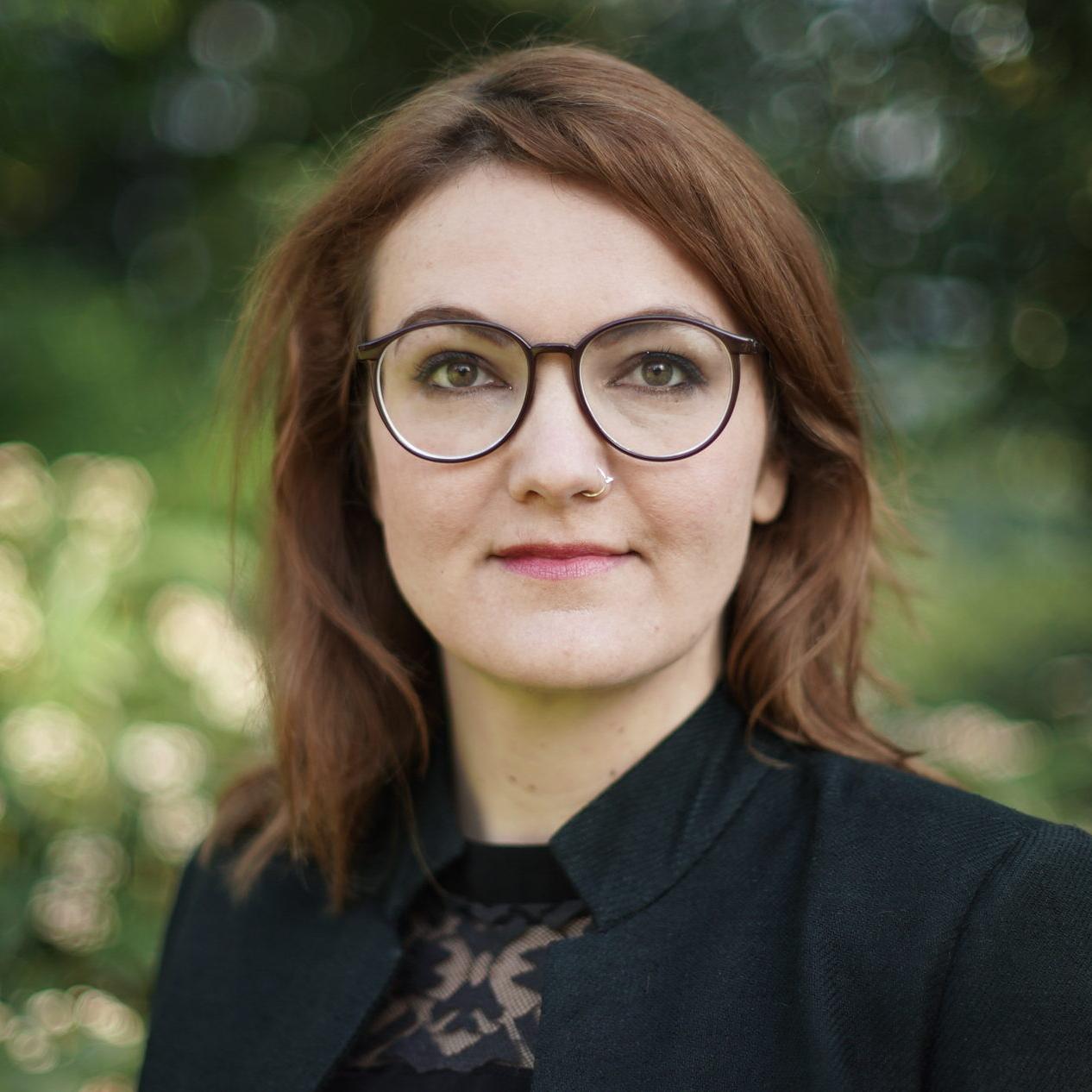
It is ludicrous that the Conference on the Future of Europe, which is meant to cherish and involve civil society as an equal partner, excludes NGOs from its core decision-making body while embracing lobbyists from business.
After a political scramble between the European institutions and member states, the Conference on the Future of Europe has now finally kicked off. It is meant to be the European Union’s largest-ever consultation process with its citizens.
But how will the conference deliver on its big promise to put the future in our hands if it consciously side-lines civil society?
We, in civil society, demand that NGOs be recognised as equal partners in the process, a call we share with European Movement International. Together with the Civil Society Convention for the Future of Europe, we ask for the Conference Plenary to include eight seats for civil society with the right to choose our representatives.
The Conference on the Future of Europe has been presented as a miracle solution to the shaky confidence in the European institutions citizens have displayed and the faultlines that have appeared in the Union’s shared identity. The latter was caused not only by Brexit but reach back to the failed European Constitution, the fallout of the debt crisis and consequent austerity measures, the rise of petty nationalism across the region, the deadlock around finding a dignified solution to the refugee crisis and, last but not least, the fact that governments regularly claim collective successes as individual victories and blame the EU for their own failings.
A union of the people
With the political tailwind of higher than usual voter turnout in the last European elections in May 2019 and propelled by French President Emmanuel Macron’s visions for greater European integration based on citizens’ consultation, Commission President Ursula von der Leyen took office with her big promise: “I want citizens to have their say… The Conference should bring together citizens, including a significant role for young people, civil society, and European institutions as equal partners.”
In March, the President of the European Parliament David Sassoli, Portuguese Prime Minister António Costa on behalf of the Presidency of the Council, and von der Leyen signed the Joint Declaration on the Conference on the Future of Europe.
Next week, on Europe Day, the conference will be formally opened with a launch event in Strasbourg that citizens across the region can follow on their screens.
Out in the cold
Even though von der Leyen explicitly referred to civil society as an equal partner in the conference, a majority of those deciding over the process have actively marginalised organised civil society. The first setback to the Commission President’s promise occurred when the Executive Board of the Conference, which takes all key decisions, refused to admit observers from civil society.
The Executive Board comprises the various EU institutions and observers from national parliaments. Although trade unions and employers have been granted an observer seat each to closely follow the process’ preparation and roll out, civil society organisations have been left outside in the cold.
It is ludicrous that a process that is meant to cherish civil society as an equal partner excludes NGOs from its core decision-making body. What is the justification for giving BusinessEurope, the EU’s most powerful business lobby, a say in the roll-out of the Conference, while those fighting climate change and environmental challenges, those advocating for social justice, human rights, equality, inclusion and health, and those representing the interest of the young generation are muted?
Bridging the gap
NGOs represent issues of general concern in the democratic process. They are supported by millions of citizens. They do not only channel and focus citizens’ ideas and concerns into legislative processes and high-level decision-making in the EU, but they also act as mediators between the institutions and citizens. Most importantly, they do that not only for a short period, such as the one-year process around the Conference on the Future of Europe, by they are in for the long haul. They follow through with solutions to complex issues – such as fighting climate change and environmental challenges – which need decades to be tackled.
Article 15 of the Treaty on the Functioning of the European Union recognises civil society’s role in the EU’s good governance. Article 11 of the Treaty on European Union stresses the need for the EU to have an open, transparent and regular dialogue with civil society organisations, including the social partners, NGOs and grassroots organisations.
The Treaties do not foresee any preferential treatment for the social partners, except for their specific role in defining social policies. There is no legal justification for leaving out NGOs. It is entirely a political choice to revert back to a narrow and outdated understanding of stakeholder engagement.
Living up to the promise
The conference is organised along three tracks. First, it will hold so called ‘agoras’: 200 randomly selected Europeans will be invited to these citizen panels held in four European cities to deliberate on the future of Europe. In parallel, member states will organise national-level citizen panels.
Second, a multilingual digital platform invites citizens to contribute to shaping the future of Europe. The prerogative of the platform is to enable European citizens – for the first time at a transnational EU level – to put forward their ideas, to comment on other people’s ideas, and to create and participate in events.
While we strongly support events and platforms that involve direct citizen participation, organised civil society must find its rightful place in the process. We, therefore, call for direct representation of NGOs in the conference’s third track, the plenary.
The outcomes of the citizens agoras and panels together with the opinions, ideas and recommendations from the online platform will be synthesised and presented to the plenary. This large assembly will bring together representatives from the three European institutions, as well as national parliaments, with citizens who have participated in the agoras and panels. At the end of the process, the plenary will present the outcomes with the key demands and recommendations to the European institutions.
Parallel processes
Confronted with this lack of meaningful engagement, European civil society networks have come together to launch their own parallel Civil Society Convention for the Future of Europe. It provides civil society organisations with a platform to address limitations in EU policies and seek solutions to current and future challenges. The EEB represents the Green 10, an alliance of the 10 largest environmental groups in Brussels, at the civil society convention.
With the other members of the convention, we demands eight seats to be offered to civil society organisations at the plenary. If European institutions and national governments want Europeans to have a say, they must give a voice to the millions organised in the environment, climate, social justice, equality, human rights and youth movements.
We will use our space to share the voices of citizens, and doubly so of young Europeans, in our movements. We will use this space to celebrate European diversity and celebrate solidarity. We will use it to advocate the rule of law, human rights and the needs of nature. We will promote policies that are based on science and respond to science rather than to corporate interest. We will make sure that sustainability is at the core of all European policies and that no one will be left behind.
This article was originally published on the Meta blog from EEB on 3 May 2021.



Add new comment